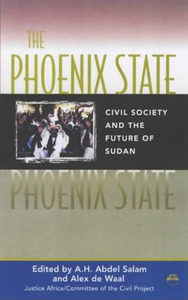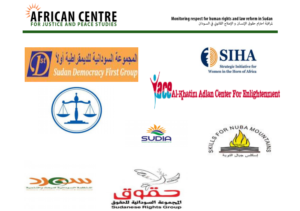 For the first time in three decades, Sudan has charted a path out of military rule following the formation of a power-sharing government by the pro-democracy movement and the generals who overthrew longtime autocrat Omar al-Bashir, AP reports:
For the first time in three decades, Sudan has charted a path out of military rule following the formation of a power-sharing government by the pro-democracy movement and the generals who overthrew longtime autocrat Omar al-Bashir, AP reports:
But the fragile transition will be tested as leaders confront a daunting array of challenges. Decades of war and corruption have left the economy in shambles, and a U.S. terror designation has hindered Sudan’s return from its longtime status as a global pariah.
The civilian and military leaders who now make up the military-led sovereign council only came together under intense international pressure after a crackdown on protests threatened to derail the transition and raised fears of civil war.
“There is a huge amount to be done,” said Alex de Waal, a Sudan expert at Tufts University and co-author of The Phoenix State: Civil Society and the Future of Sudan (above). “Sudan will need debt relief, debt rescheduling, lifting sanctions, and only then can the real economic reforms  begin. Next challenges include corruption and a very high defense budget.”
begin. Next challenges include corruption and a very high defense budget.”
*Including partners of the National Endowment for Democracy (right).







